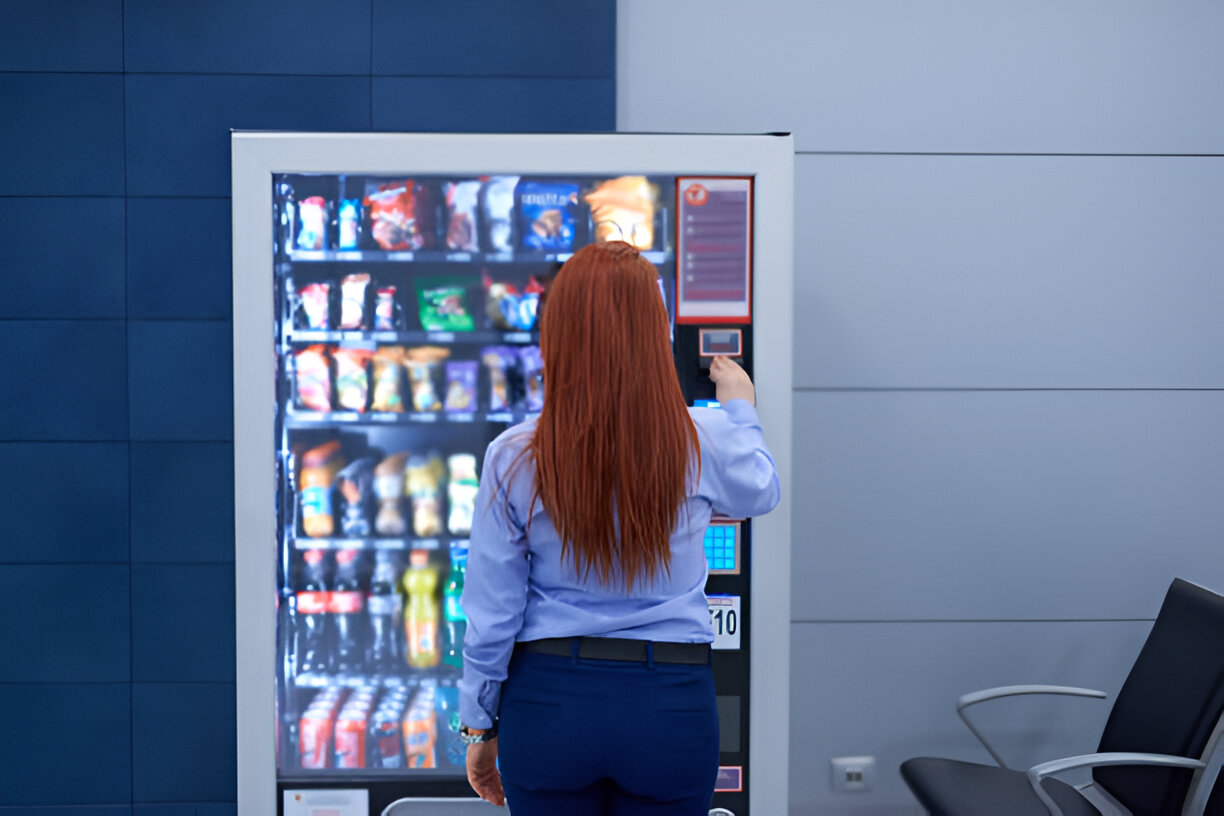One intriguing feature that many platforms now provide, though, is the ability to profit from simulated crypto trading rewards, using fictitious money. Let me explain how it works, even though it sounds too wonderful to be true.
The True Significance of Simulated Crypto Trading Rewards
On the majority of cryptocurrency platforms, you can practice using virtual currency when you create a demo account. Consider it similar to Monopoly money. Bitcoin, Ethereum, or any other cryptocurrency supported by the site can be purchased. Although your money isn't genuine, the trades take place under actual market conditions. You're merely trying things out.
Now, platforms compensate you for using these demo accounts with simulated cryptocurrency trading benefits. Depending on how actively you trade or how well you do, certain platforms will provide you with points, tokens, or even actual cash bonuses. The concept is straightforward: platforms want you to become accustomed to using their interface. You're more likely to deposit real money later if you perform well in demo mode.
The prizes differ greatly. A tiny portion of the native token is given to you by certain platforms. When you move to real trading, some may provide charge reductions. Some even award top achievers in demo trading competitions with real bitcoin awards.
Why Demo Trading Is Encouraged by Indian Platforms
In India, cryptocurrency demo trading has several uses. First, it provides a risk-free learning environment for novice traders. Millions of Indians are interested in cryptocurrencies, but the majority are afraid of losing their money. That anxiety is eliminated with a demo account.
Platforms can engage consumers in a legal and compliant manner by providing demo accounts. When you trade on a demo account, you aren't truly purchasing cryptocurrency. All you're doing is mimicking the experience.
Third, it's a tool for acquiring new customers, which is the commercial angle. It's challenging to get someone to download an app and register. However, it suddenly becomes alluring if you give them free virtual money and promise them the chance to win actual prizes. Because they are aware that a portion of demo users would eventually convert to paying customers, the platforms fund these incentive schemes.
The Structure of the Reward Systems
The majority of reward systems use a points system. You gain points each time you finish a trade on the demo account. Earn 100 points by making ten trades. Get 50 points by holding a position for a week. Finish instructional modules to increase your point total. These points can then be exchanged for incentives.
Monthly competitions are held on certain platforms. All demo traders will be ranked according to trading volume or profit percentage. Prizes are awarded to the top 100 or 1000 users. These rewards could be VIP memberships, gift cards, or small sums of bitcoin.
A milestone method is used by other platforms. Unlock a reward after trading for seven days in a row. Get a bonus when you hit a specific profit threshold in your demo account. Get a special offer after 100 trades. The milestones maintain user engagement and foster a sense of progress.
Some platforms directly link learning to rewards. Watch instructional films, finish trading tasks, or provide accurate answers to quiz questions. You gain something material from every instructional endeavor. This strategy is effective because it blends gamification and learning.
The Legal and Tax Aspects No One Discusses
This is where crypto demo trading in india becomes more complex. You may be required to pay taxes on any real bitcoin that you receive as a reward, even if it comes via demo trading. Crypto is regarded as a virtual digital asset by the Indian government. Its income is subject to 30% tax plus any applicable surcharges.
However, what about tokens or points that are exclusive to a platform? They are in the gray area. In theory, they might not be taxable if you are unable to withdraw them or convert them to cash. However, there will be a taxable event if you later use those points to purchase actual cryptocurrency.
The majority of platforms fail to notify tax authorities of these minor benefits. Usually, the sums are very small, perhaps only a few hundred rupees. However, you are theoretically required to disclose all of your income. It's a completely different matter whether users do this or not.
Since some prizes may truly qualify as sweepstakes or promotional offers, the legal standing is equally important. There are particular regulations regarding gambling and contests under Indian law. Platforms deliberately design their applications to stay out of the gambling industry.
The Real Benefits Of These Awards
I want to be clear about what I anticipate. Simulated cryptocurrency trading incentives aren't making anyone rich. In most cases, you get very little real value. A typical incentive could be between fifty and five hundred rupees. Top performers may receive rewards of several thousand rupees from special tournaments.
The money itself doesn't have any true value. It's in the practice and education you receive for free. It's costly to learn how to trade cryptocurrency by risking your own money. Learning simple lessons costs people thousands of dollars. You may make all those mistakes with a demo account without worrying about the financial repercussions.
The incentives just add enjoyment to the learning process. You have a little incentive rather than feeling like you're wasting time on phony trades. It holds your interest long enough for you to gain practical knowledge.
Demo trading is viewed as a protracted game by certain users. They will hone their tactics on demo accounts for months, receiving little incentive as they go. They are far more equipped when they eventually transition to actual trading. The money they save by avoiding making beginner mistakes with real funds is far greater than the few hundred or thousand rupees in prizes they received.
How Platforms Stop System Gaming
You could assume that in order to farm prizes, users would make several accounts. Platforms have taken this into account. Indian phone numbers are connected to official identification documents, and the majority demand phone number verification. Fake accounts are more difficult to create than they appear.
Conclusion:
Unusual trading trends are also tracked by numerous platforms. The algorithm flags your demo account if it makes irrational trades in order to gain points. Your account may be suspended, or your rewards may be withdrawn.
Limits on time also stop misuse. Rewards frequently run out of time. It's possible that the points you accrued last month are now worthless. Or, since competitions have time limits, you can't just keep working hard indefinitely. Instead of gaming, the platforms want real interaction. They create incentive programs that promote real learning and trading practice rather than merely point-earning clicks.




Want to add a comment?